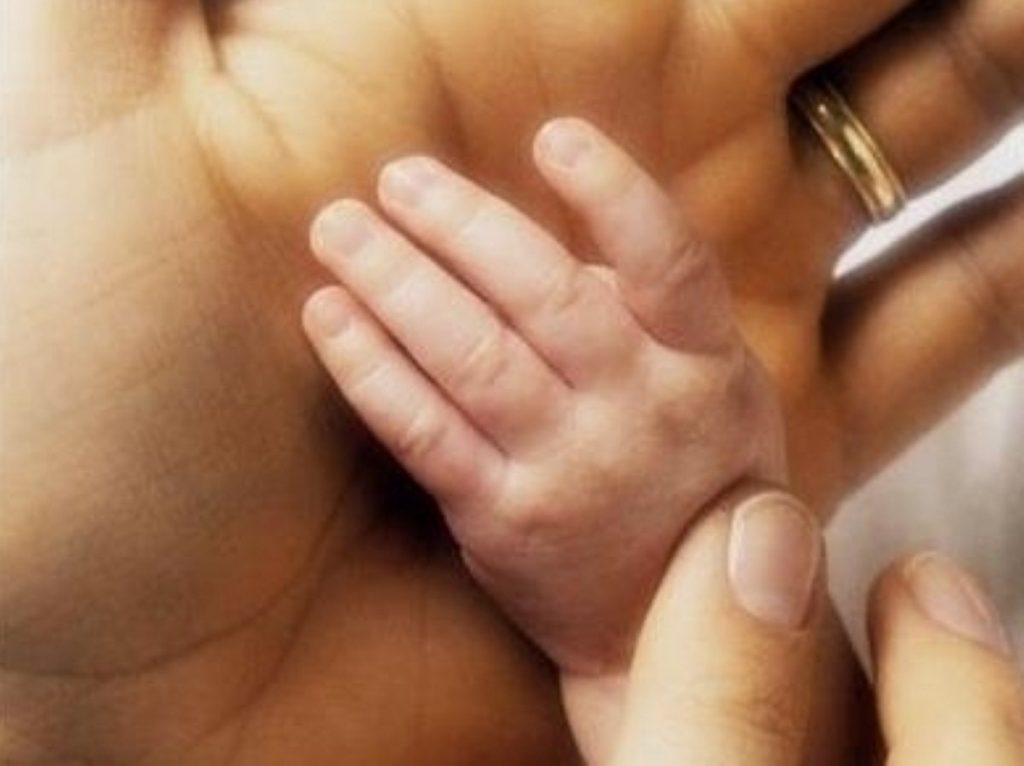Care services can’t cope since Baby P
By Rebecca Burns
A “chronic shortage” of foster services since the death of Baby P may put children in danger unless more foster carers are recruited soon, a leading foster charity has warned.
Care services have seen a rise in demand since the death of 17-month-old Baby Peter in August 2007, when social services failed to recognise the signs of abuse that eventually led to his death.
The report, titled Bursting at the Seams, says some foster carers have “literally no beds left” and are “worried about their capacity to cope for much longer”.


The Fostering Network claims an extra 10,000 foster families and £580 million of investment are needed to ensure that the needs of children in care in the UK can be met.
In some cases foster carers had “literally no beds left” and fostering services were unable to recruit enough new foster families to keep up with demand.
Some foster services reported they did not think they could “cope for much longer”.
Helen Clarke, author of the report at the Fostering Network, said: “While fostering services had made real progress in recruiting more foster carers and finding children the right foster homes, the unprecedented pressure the system is now under has clearly pushed back much of this good work.
“For the majority of children in care living in a family environment is the best option and we know that when foster care works it works really well.
“However, the impact of the rise in children needing foster homes and the shortage of foster carers means the system is no longer sustainable and budget cuts could be devastating.”
The report said an increase in children under the age of four requiring foster care was placing a particular strain on the system as it led to shortages for teenagers as well.
Foster carer Caroline March told the Independent newspaper: “There is no doubt that in the wake of the Baby P case and other cases like it, social services departments are taking more children into care. My view is that social services have to intervene early to support parents rather than picking up the pieces later on.”
Ms Clarke called for a “renewed sense of urgency” in the government’s response to the care crisis.









